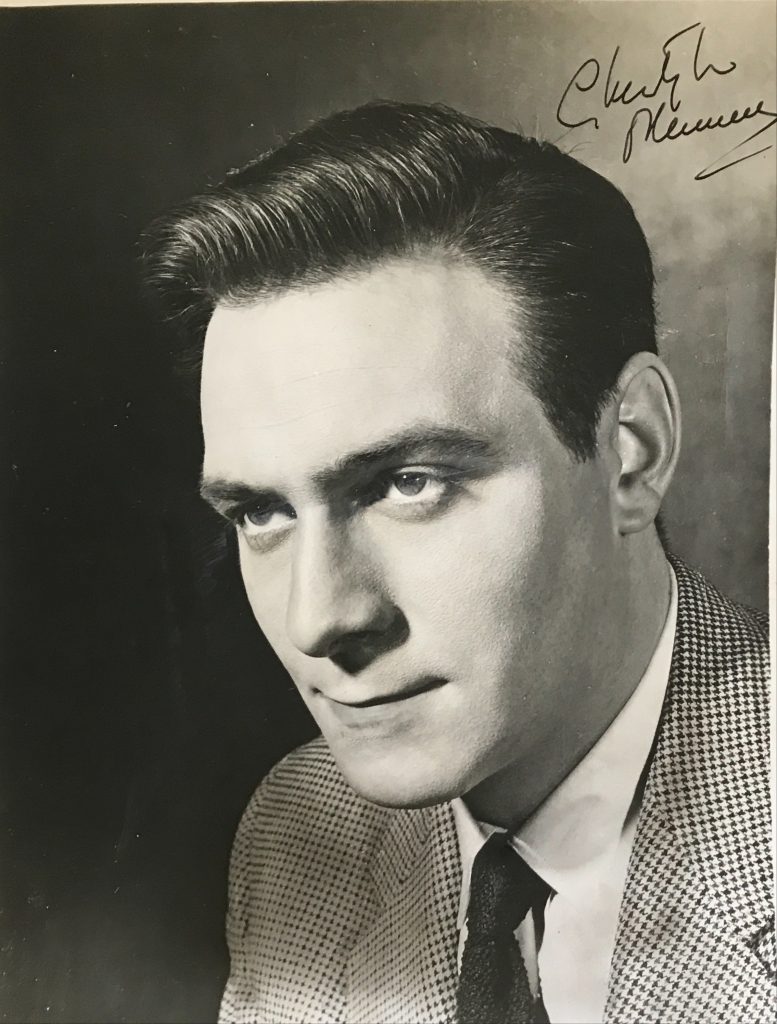
Christopher Plummer (Wikipedia)
Christopher Plummer a Canadian actor whose career has spanned six decades, beginning with his film debut in Stage Struck (1958).
He is known for portraying Captain Georg von Trapp in The Sound of Music (1965),[2]and has portrayed numerous major historical figures, including the Emperor Commodus in The Decline and Fall of the Roman Empire (1964), Arthur Wellesley, 1st Duke of Wellington in Waterloo (1970), Rudyard Kipling in The Man Who Would Be King (1975), Mike Wallace in The Insider (1999), Leo Tolstoy in The Last Station (2009), Kaiser Wilhelm II in The Exception (2016), and J. Paul Getty in All the Money in the World(2017).
Plummer has received various accolades for his work, including an Academy Award, a Genie Award, two Emmy Awards, two Tony Awards, a Golden Globe Award, a Screen Actors Guild Award, and a British Academy Film Award; he is one of the few performers to receive the Triple Crown of Acting, and the only Canadian. He won the Academy Award for Best Supporting Actor at the age of 82 for Beginners (2010), becoming the oldest actor to win an acting award, and he received a nomination at the age of 88 for All the Money in the World, making him the oldest person to be nominated in an acting category.
Plummer was born on December 13, 1929 in Toronto, Ontario. He is the only child of Isabella Mary (née Abbott), an artist who was secretary to the Dean of Sciences at McGill University, and John Orme Plummer, who sold stocks and securities. His great-grandfather on his mother’s side was Canadian Prime Minister Sir John Abbott. His father’s uncle was patent lawyer and agent F. B. Fetherstonhaugh. Plummer is a second cousin of British actor Nigel Bruce, known as Doctor Watson to Basil Rathbone‘s Sherlock Holmes. His parents divorced shortly after his birth, and he was brought up in the Abbott family home in Senneville, Quebec outside of Montreal. He speaks both English and French fluently.
Plummer began studying to be a concert pianist, but he developed a love for theatre at an early age, and he began acting while he was attending the High School of Montreal. He attended McGill where he also took up acting, after watching Laurence Olivier‘s film Henry V (1944). In 1946, he caught the attention of Montreal Gazette‘s theatre critic Herbert Whittaker with his performance as Mr Darcy in the Montreal High School production of Pride and Prejudice. Whittaker was also amateur stage director of the Montreal Repertory theatre, and he cast Plummer at age 18 as Oedipus in Jean Cocteau‘s La Machine infernale.
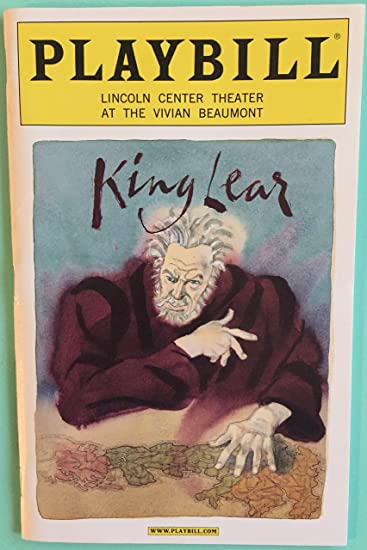
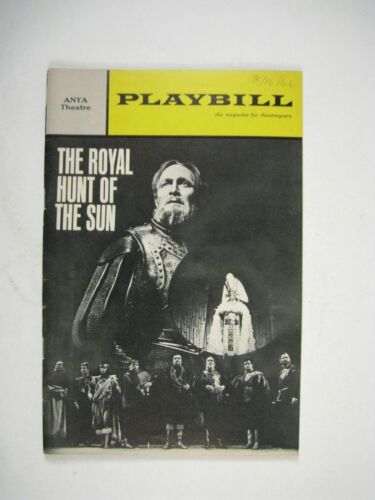

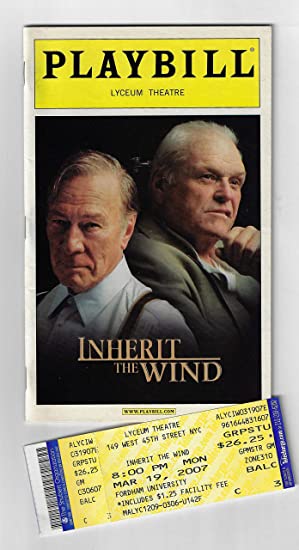
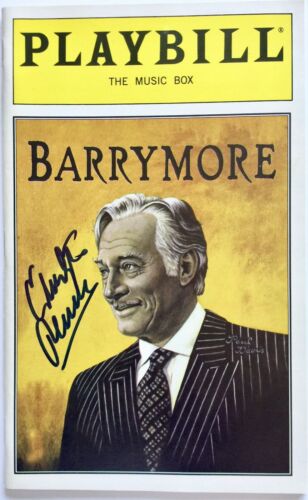
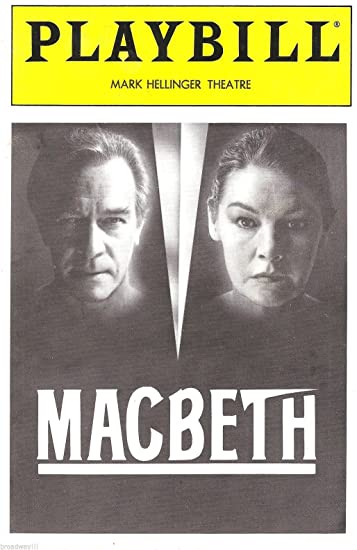
Plummer made his Broadway debut in January 1953 in The Starcross Story, a show that closed on opening night. His next Broadway appearance, Home is the Hero, lasted 30 performances from September to October 1954. He appeared in support of Broadway legend Katharine Cornell and film legend Tyrone Power in The Dark Is Light Enough, which lasted 69 performances from February to April 1955. The play toured several cities, with Plummer serving as Power’s understudy.[5] Later that same year, he appeared in his first Broadway hit, opposite Julie Harris (who won a Tony Award) in Jean Anouilh‘s The Lark. After appearing in Night of the Auk, which was not a success, Plummer appeared in Elia Kazan‘s successful Broadway production of Archibald MacLeish‘s Pulitzer Prize-winning play J.B.; Plummer was nominated for his first Tony as Best Actor in Play. (J.B. also won Tonys as Best Play and for Kazan’s direction.)
Plummer appeared less frequently on Broadway in the 1960s as he moved from New York to London. He appeared in the title role in a 1963 production of Bertolt Brecht‘s The Resistible Rise of Arturo Ui, which did not succeed, but he had a great success in Peter Shaffer‘s The Royal Hunt of the Sun, playing conquistador Francisco Pizarro to David Carradine‘s Tony Award-nominated Atahuallpa; both performances were “stunning,” as Plummer did wonders “of extraordinary beauty and deep pain” in playing his complex character. (Caldwell Titcomb (1965). “The Royal Hunt of the Sun.” “The Harvard Crimson.” November 9, 1965. Retrieved August 12, 2019.) (In the 1969 film adaptation, Plummer would take the title role.) From May to June 1973, he appeared on Broadway as the title character in Cyrano, a musical adaptation of Edmond Rostand‘s 1897 play Cyrano de Bergerac by Anthony Burgess and Michael J. Lewis. For that performance, Plummer won the Tony Award for Best Actor in a Musical and a Drama Desk Award for Outstanding Performance. Later that year, he played Anton Chekhov in Neil Simon‘s adaptation of several Chekhov short stories, The Good Doctor.

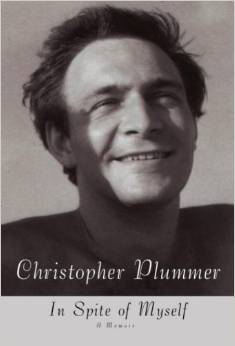
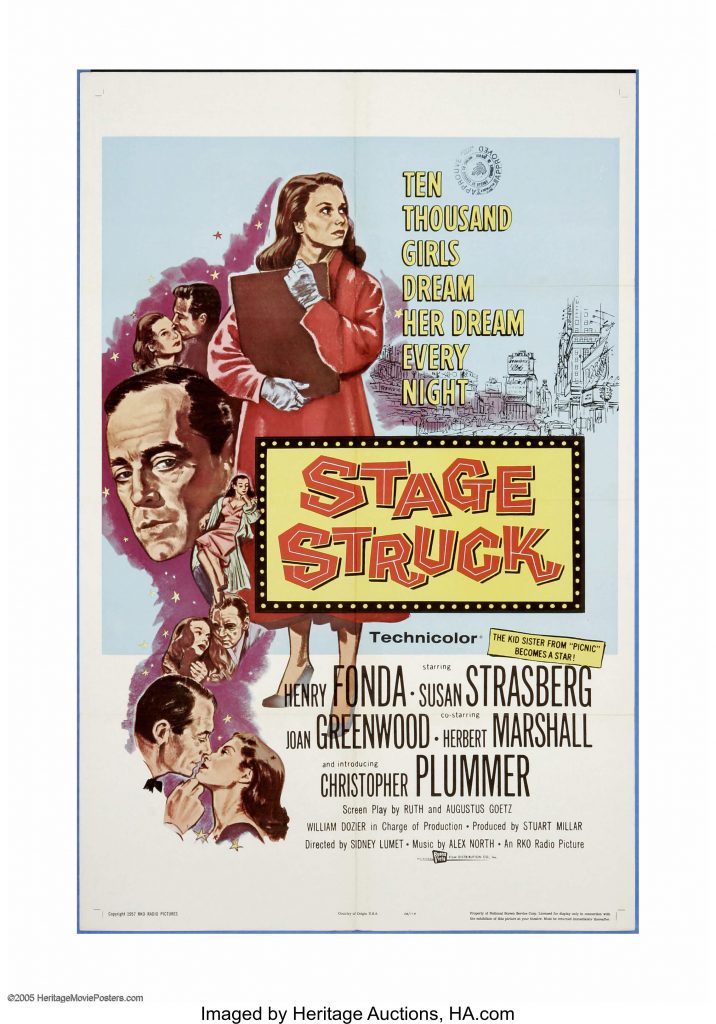

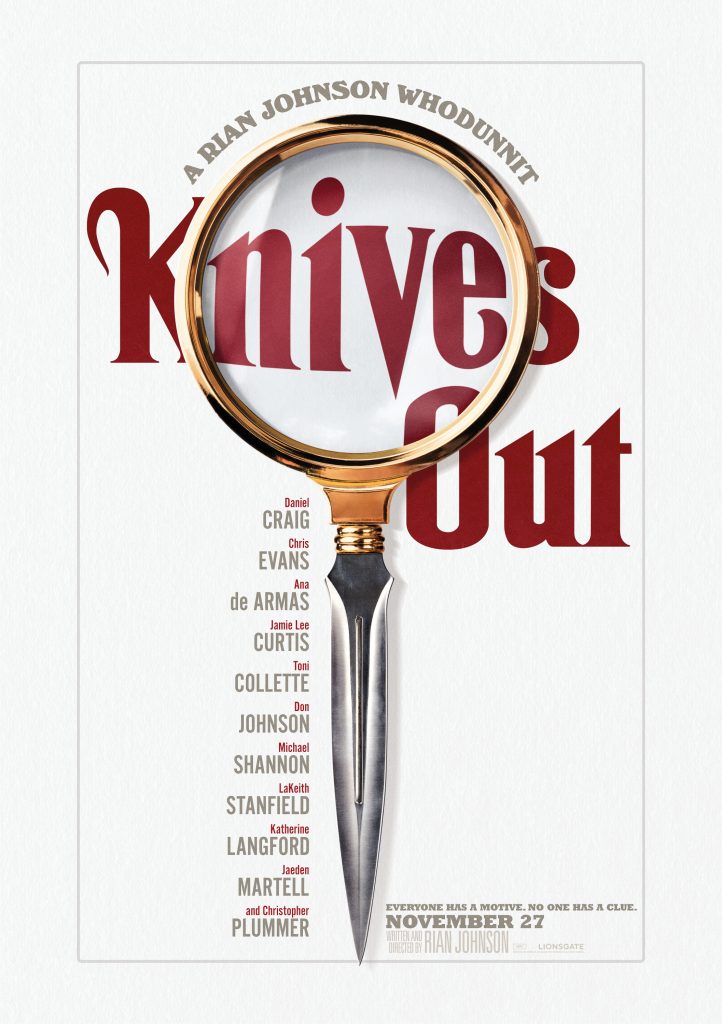
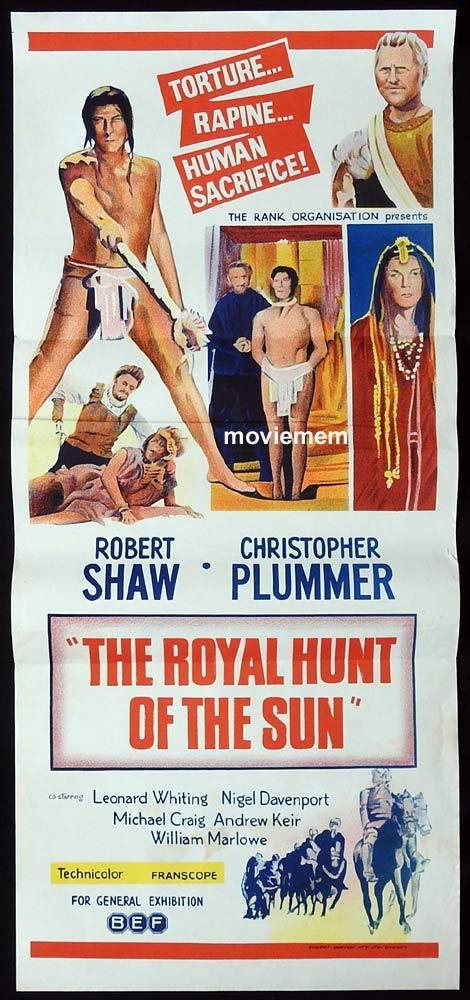
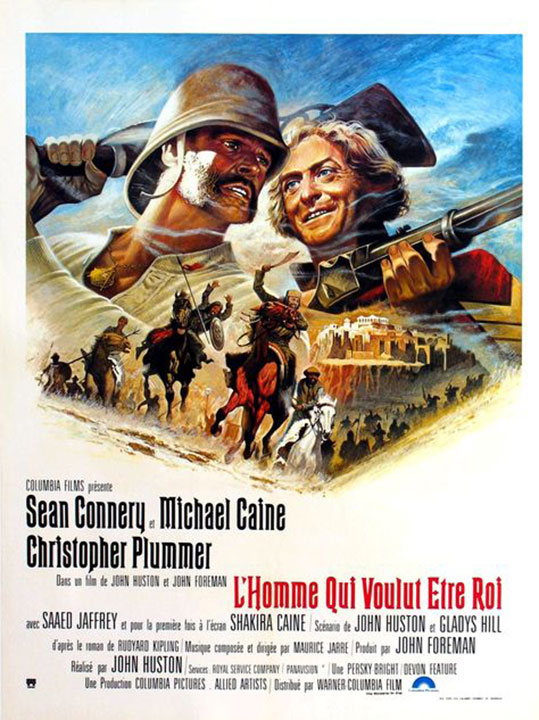
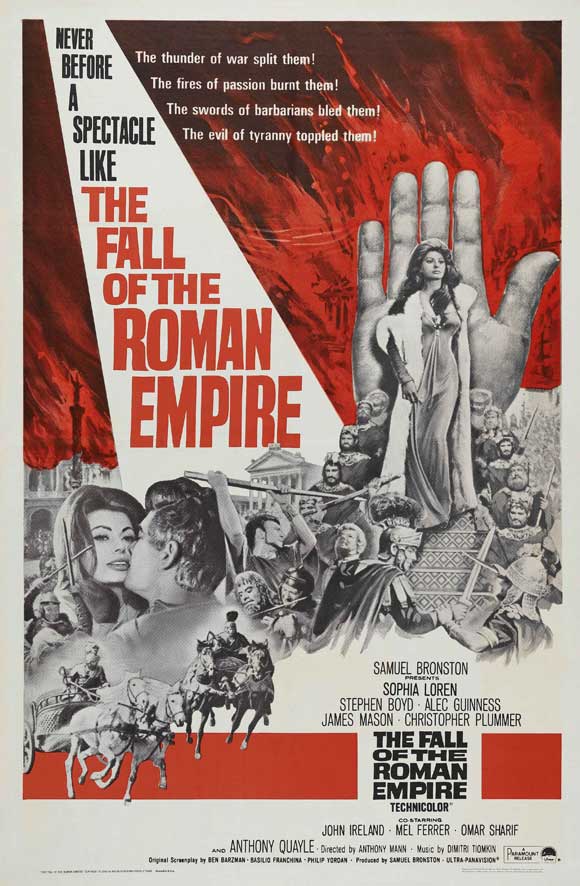
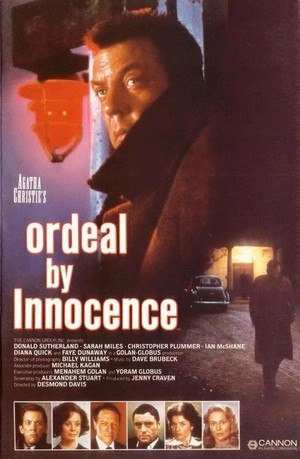
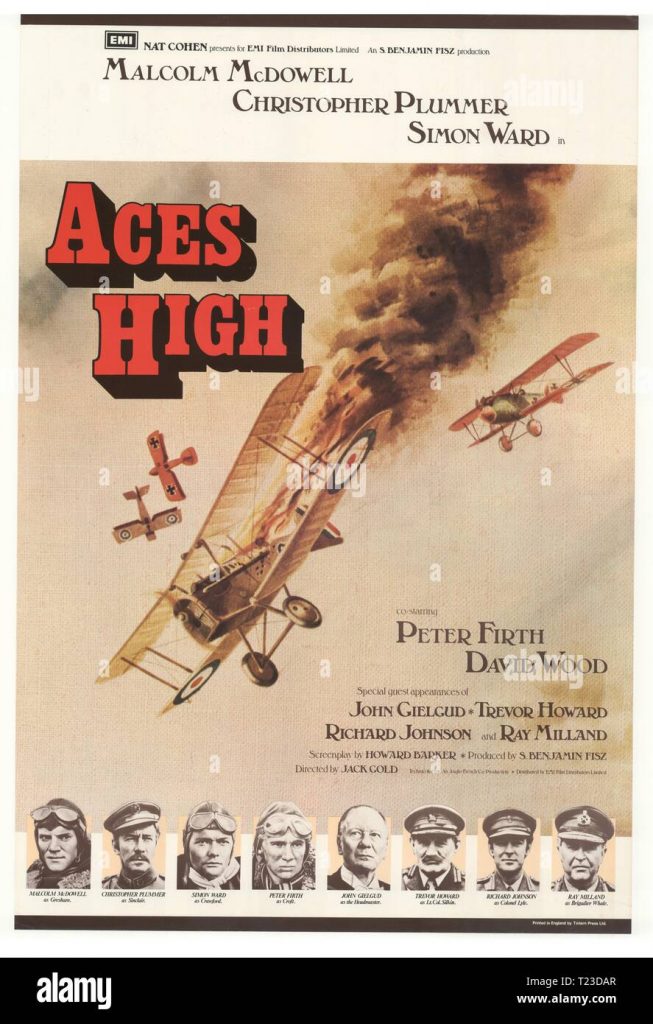
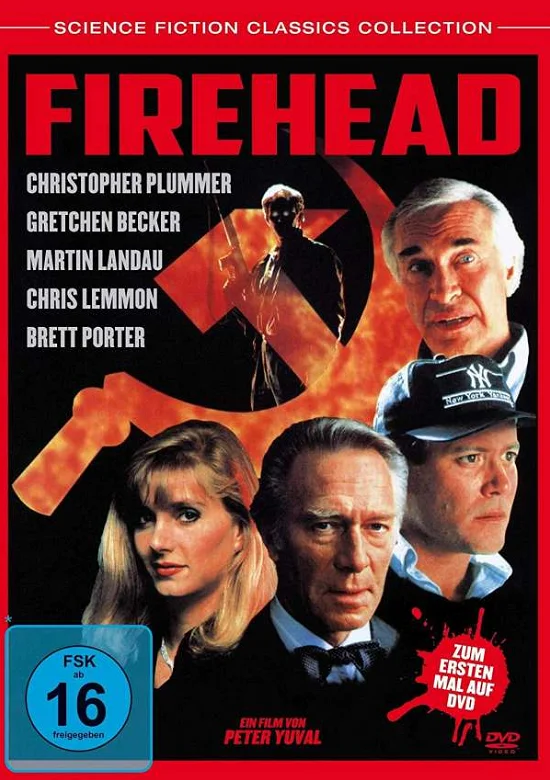
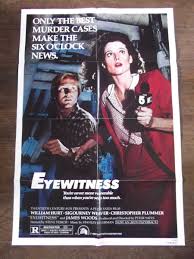
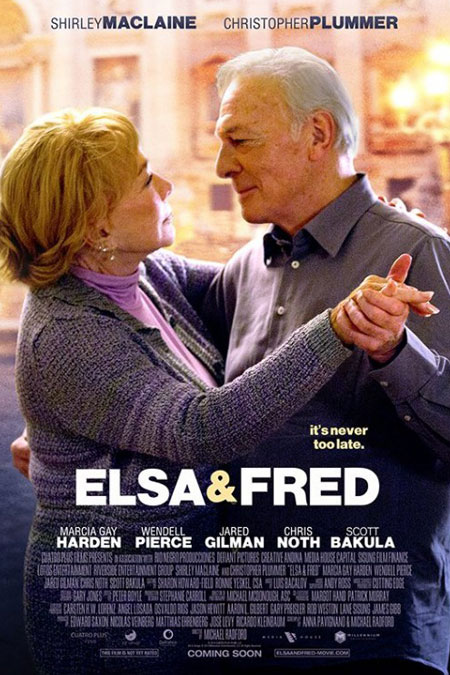
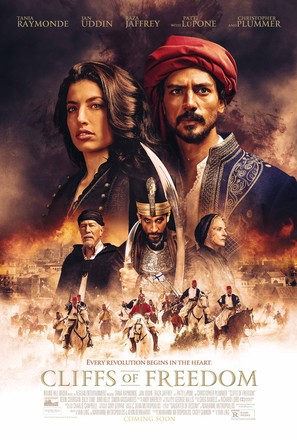
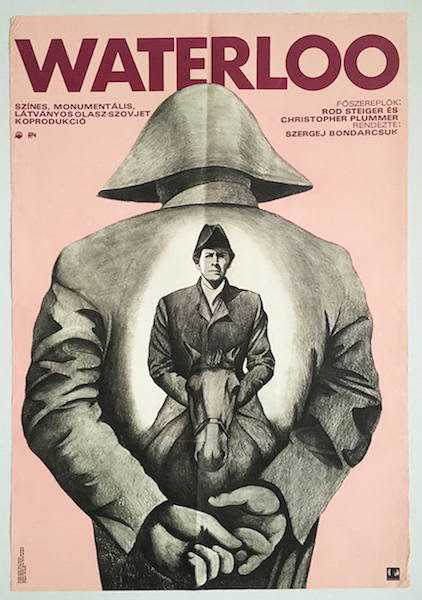
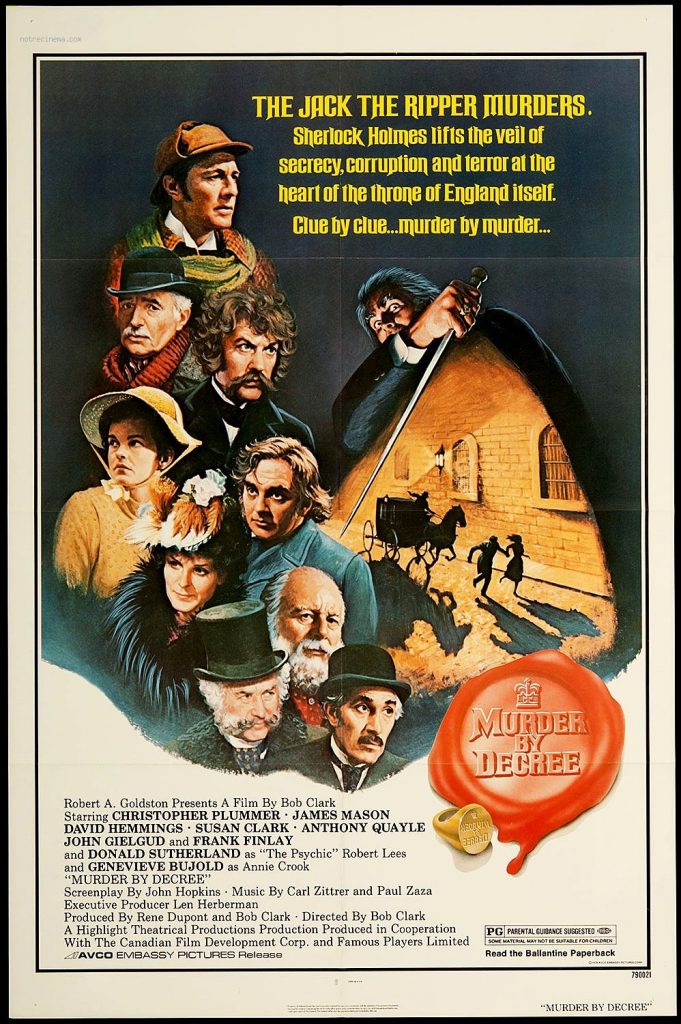
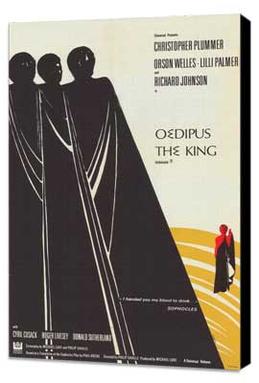
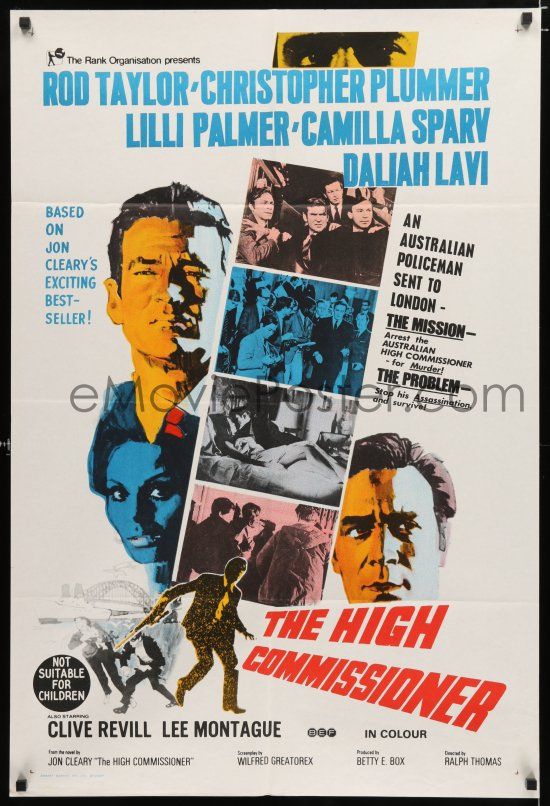
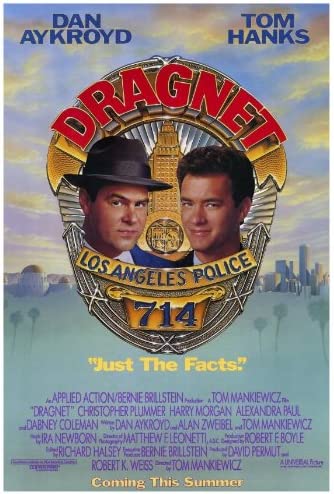
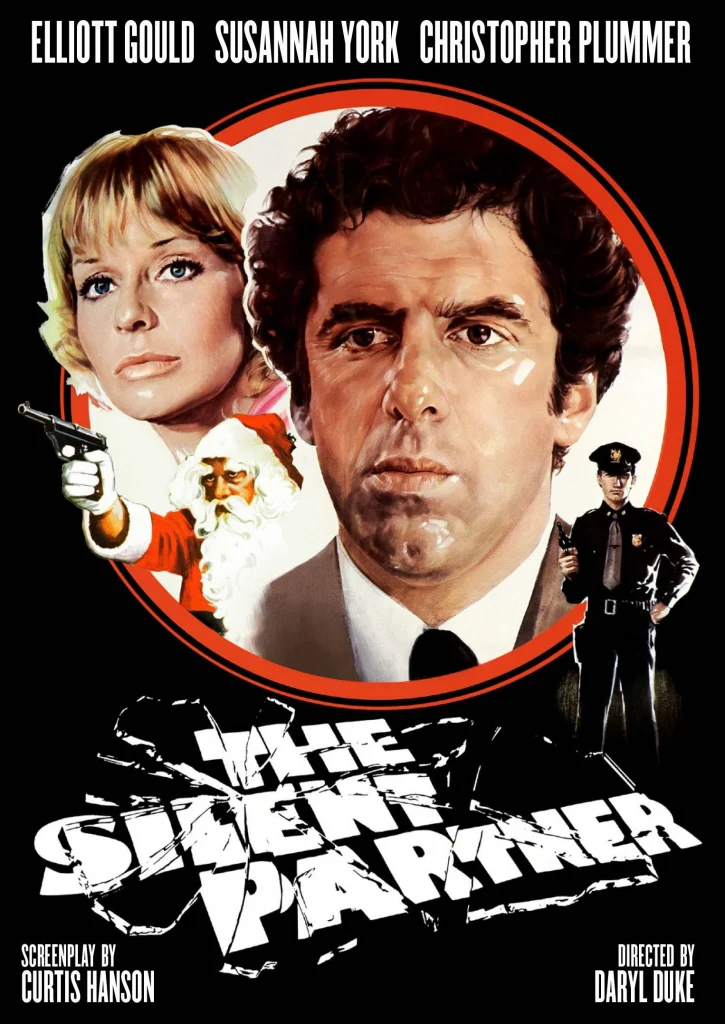
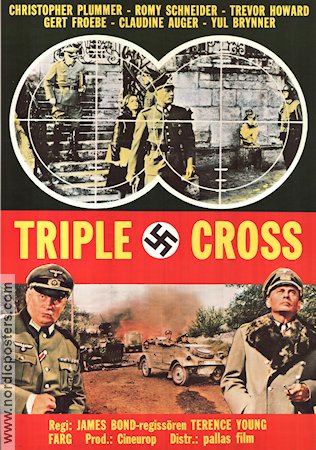
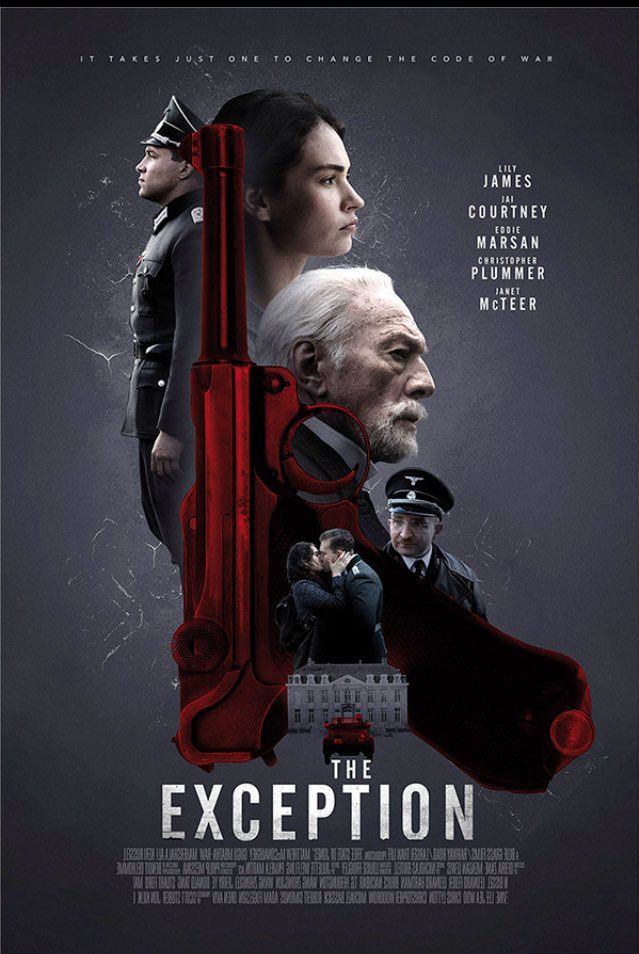
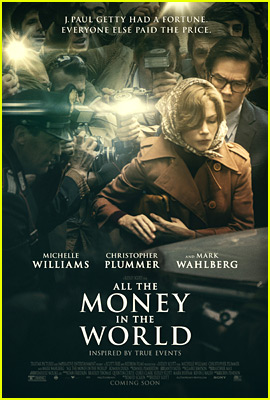

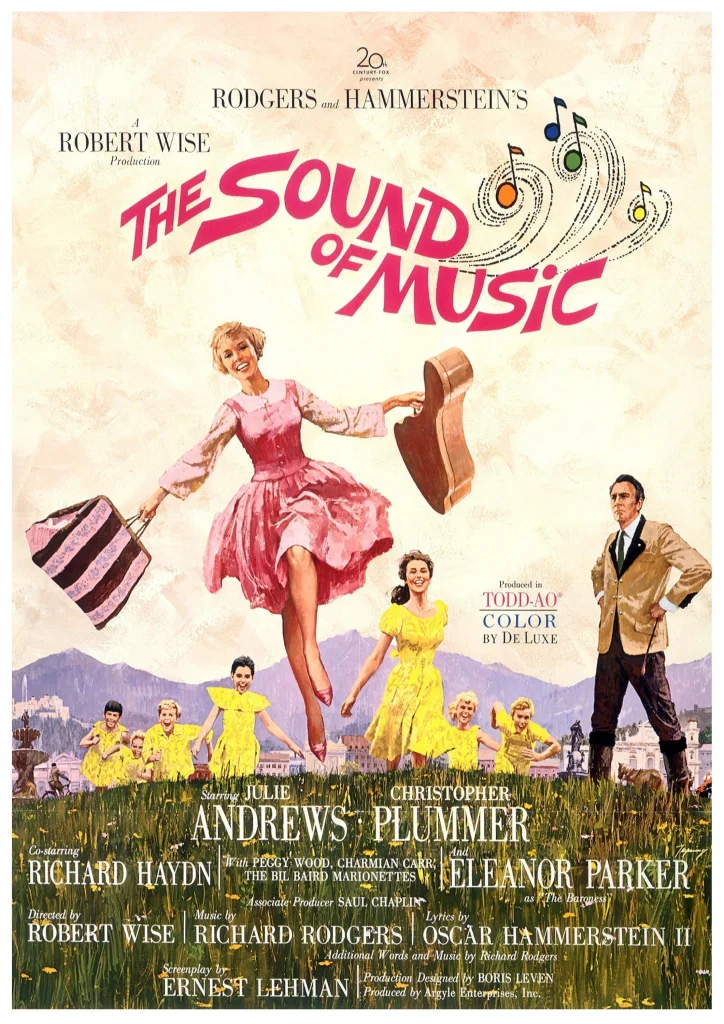

In the 1980s, he appeared on Broadway in two Shakespearean tragedies, Othello, playing Iago to James Earl Jones‘ Moor, and the title role in Macbeth with Glenda Jackson playing his lady. His Iago brought him another Tony nomination. He appeared with Jason Robards in the 1994 revival of Harold Pinter‘s No Man’s Land and had great success in 1997 in Barrymore, which he also toured with after a successful Broadway run. His turn as John Barrymore brought him his second Tony Award (this time as Best Actor in Play) and a Drama Desk Award as Outstanding Actor in a Play. He was nominated for a Tony Award and a Drama Desk Award for his 2004 King Lear and for a Tony playing Henry Drummond in the 2007 revival of Inherit the Wind.
Plummer made his debut at the Stratford Shakespeare Festival in 1956, playing the title role in Henry V, which subsequently was performed that year at the Edinburgh Festival. He played the title role in Hamlet and Sir Andrew Aguecheek in Twelfth Night at Stratford in 1957. The following year, he played Leontes in The Winter’s Tale, Bardolph, in Henry IV, Part 1, and Benedick in Much Ado About Nothing. In 1960, he played Philip the Bastard in King John and Mercutio in Romeo and Juliet. In 1962, he played the title roles in both Cyrano de Bergerac and Macbeth, returning in 1967 to play Mark Antony in Antony and Cleopatra.
In 2002, he appeared in a lauded production of King Lear, directed by Jonathan Miller.[18] The production successfully transferred to New York City’s Lincoln Center in 2004. He returned to the stage at the Stratford Shakespeare Festival in August 2008 in a critically acclaimed performance as Julius Caesar in George Bernard Shaw‘s Caesar and Cleopatra directed by Tony winner Des McAnuff; this production was videotaped and shown in high-definition in Canadian cinemas on January 31, 2009 (with an encore presentation on February 23, 2009) and broadcast on April 4, 2009 on Bravo! in Canada. Plummer returned to the Stratford Festival in the summer of 2010 in The Tempest as the lead character, Prospero (also videotaped and shown in high-def in cinemas), and again in the summer of 2012 in the one-man show, A Word or Two, an autobiographical exploration of his love of literature. In 2014, Plummer presented A Word or Two again, at the Ahmanson Theatre in Los Angeles.
In April 1961, he appeared as Benedick in Much Ado About Nothing with the Royal Shakespeare Company at the Shakespeare Memorial Theatre in Stratford-upon-Avon, England. He also appeared with the RSC in May 1961 in the lead role of Richard III. He made his London debut on June 11, 1961, playing King Henry II in Jean Anouilh‘s Becket with the RSC at the Aldwych Theatre, directed by Peter Hall. The production later transferred to the Globe for a December 1961 to April 1962 run. For his performance, Plummer won the Evening Standard Award for Best Actor.


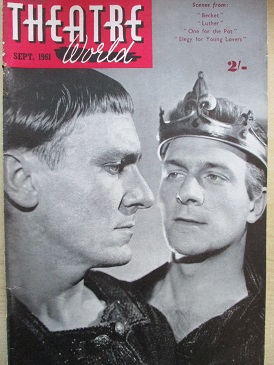
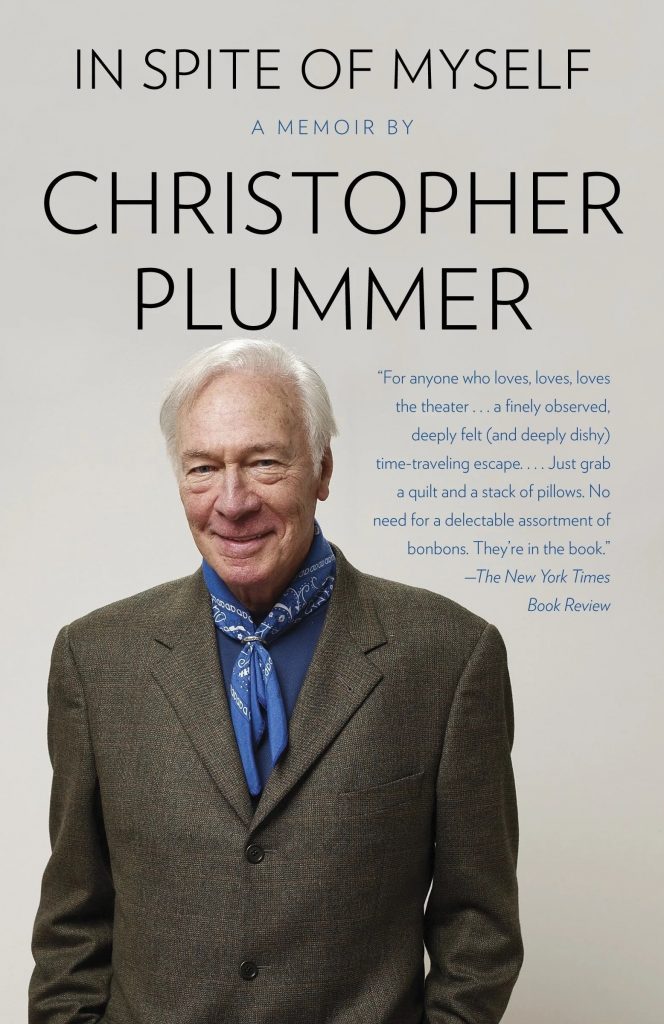


From June 1971 to January 1972, he appeared at the National Theatre, acting in repertory for the season. The plays he appeared in were Jean Giraudoux‘s Amphitryon 38 directed by Laurence Olivier;[22] Georg Büchner‘s Danton’s Death (director Jonathan Miller); Adrian Mitchell‘s Tyger; Luigi Pirandello‘s The Rules of the Game; and Eugene O’Neill‘s Long Day’s Journey into Night at the New Theatre in London.
Edward Everett Horton hired Plummer to appear as Gerard in the 1953 road show production of André Roussin‘s Nina,[23] a role originated on Broadway by David Niven in 1951.[24] He appeared as Jason opposite Dame Judith Anderson in Robinson Jeffers‘ adaptation of Medea at the Theatre Sara Bernhardt in Paris in 1955. The American National Theatre and Academy production, directed by Guthrie McClintic, was part of Le Festival International.
Also in 1955, he played Mark Antony in Julius Caesar and Ferdinand in The Tempest at the American Shakespeare Festival (Stratford, Connecticut). He returned to the American Shakespeare Festival in 1981 to play the title role in Henry V.
Plummer appeared in Lovers and Madmen at the Opera House, Kennedy Center, Washington, D.C. in 1973 and in Love and Master Will at the same venue in 1975.[25] Love and Master Will consisted of selections from the works of William Shakespeare on the subject of love, arranged by Plummer. His co-stars were Zoe Caldwell, Bibi Andersson and Leonard Nimoy. Plummer played “Edgar” in E. L. Doctorow‘s Drinks before Dinner with the New York Shakespeare Festival at the Public/Newman Theatre in New York City in 1978.
Plummer’s film career began in 1958 when Sidney Lumet cast him as a young writer in Stage Struck. That same year, Plummer played the lead in Nicholas Ray‘s film Wind Across the Everglades.
He did not appear on screen again for six years, until he played the Emperor Commodus in Anthony Mann‘s epic The Fall of the Roman Empire (1964).
His next film, the Oscar-winning The Sound of Music, made cinematic history, becoming the all-time top-grossing film, eclipsing Gone with the Wind.
He was in Inside Daisy Clover (1965), then played World War Two agent Eddie Chapman in Triple Cross (1966) and had a support role as Field Marshal Erwin Rommel in The Night of the Generals (1967). Plummer was cast to replace Rex Harrison for the film adaptation of Doctor Dolittle. This decision was later reversed, but Plummer was nonetheless paid $87,500 for signing the contract. At the same time, Plummer was performing in the stage play The Royal Hunt of the Sun and his whole Dolittle participation was so brief that Plummer never missed a performance.
Plummer and Julie Andrews on the set for The Sound of Music in Salzburg, 1964
Plummer remains widely known for his portrayal of Captain Von Trapp due to the box office success and continued popularity of The Sound of Music (1965), a role which he once described as “so awful and sentimental and gooey”.[28] He found all aspects of making the film unpleasant, except working with Andrews, and he avoids using its name, instead calling it “that movie”, “S&M”, or “The Sound of Mucus”.[29] He declined to attend the 40th Anniversary cast reunion, but he did provide commentary on the 2005 DVD release. He relented for the 45th anniversary and appeared with the full cast on The Oprah Winfrey Show on October 28, 2010.
In 2009, Plummer said that he was “a bit bored with the character” of Captain von Trapp. “Although we worked hard enough to make him interesting, it was a bit like flogging a dead horse. And the subject matter is not mine. I mean, it can’t appeal to every person in the world.”[2] However, he admits that the film itself was well made and is proud to be associated with a film with such mass appeal. “But it was a very well-made movie, and it’s a family movie and we haven’t seen a family movie, I don’t think, on that scale for ages.”
Plummer had the title role in Oedipus the King (1968) and The High Commissioner (1968), playing an Australian in the latter. Plummer was one of many stars in Battle of Britain (1969) and was Atahualpa in The Royal Hunt of the Sun (1969).
Plummer had the lead in a musical, Lock Up Your Daughters (1969) and was the Duke of Wellington in Waterloo (1970). The Pyx (1973) was his first Canadian film.
Plummer appeared in The Man Who Would Be King (1975) (playing Rudyard Kipling), The Return of the Pink Panther (1975), Aces High (1976), The Silent Partner (1978), International Velvet (1978), Murder by Decree (1979) (playing Sherlock Holmes), Somewhere in Time (1980), Eyewitness (1981), Dragnet(1987), Shadow Dancing (1988), Star Trek VI: The Undiscovered Country (1991), Malcolm X (1992), Wolf (1994), Dolores Claiborne (1995), 12 Monkeys (1995), Syriana (2005), Must Love Dogs (2005), The New World (2005), The Lake House (2006) and Remember (2015).
One of Plummer’s most critically acclaimed roles was that of television journalist Mike Wallace in Michael Mann’s biographical film The Insider (1999), for which he was honoured with several critics’ awards for Best Supporting Actor, though a corresponding Academy Award nomination did not materialize.
Other successes include his roles as Dr. Rosen in Ron Howard‘s Academy Award-winning A Beautiful Mind (2001), Arthur Case in Spike Lee‘s film Inside Man (2006), and the philosopher Aristotle in Alexander, alongside Colin Farrell. In 2004, Plummer played John Adams Gates in National Treasure.
Plummer has also done some voice work, such as his role of Henri the pigeon in An American Tail (1986), the villainous Grand Duke of Owls in Rock-a-Doodle (1991), the antagonistic Charles Muntz in Up (2009), and the elder leader 1 in the Tim Burton-produced action/science fiction film 9 (2009). He also served as the narrator in Philip Saville‘s film The Gospel of John (2003).
In January 2010, Plummer received his first Academy Award nomination for his portrayal of author Leo Tolstoy in The Last Station(2009). Speaking to the Canadian Broadcasting Corporation in an interview that aired on March 7, 2010, Plummer added, tongue-in-cheek, “Well, I said it’s about time! I mean, I’m 80 years old, for God’s sake. Have mercy.” On Oscar night, March 7, 2010, however, he lost to Christoph Waltz.
Plummer received his second nomination for the Academy Award for Best Supporting Actor for his performance in Beginners (2011), and was announced as the winner at the 84th Academy Awards. Plummer’s win made him, at age 82, the oldest actor to win an Academy Award. When he accepted the award, he quipped “You’re only two years older than me, darling. Where have you been all my life?”.
In November 2017, Plummer, who was director Ridley Scott‘s original choice to play J. Paul Getty in All the Money in the World,[36] was cast to replace Kevin Spacey in the then-already completed film. The move came amid numerous sexual harassment and sexual assaultallegations made towards Spacey. All scenes that had included Spacey were re-shot with Plummer. Co-stars Mark Wahlberg and Michelle Williams were part of the necessary filming.[37] The decision was made not long before the scheduled release date of December 22. TriStar Pictures intended to meet that release date in spite of the tight re-shooting and editing schedule; it was eventually pushed back to December 25.[38][39] For his role, Plummer earned Golden Globe, BAFTA and Academy Award nominations for Best Supporting Actor.
In 1963, he was the subject of a short National Film Board of Canada documentary, 30 Minutes, Mister Plummer, directed by Anne Claire Poirier.
In 2004, Plummer appeared as a presenter in the CPAC documentary series The Prime Ministers. He appears in the third episode, “John Abbott” (as Plummer is Abbott’s great-grandson).
In 2011, he appeared in the feature-length documentary The Captains. The film, written and directed by William Shatner, sees Shatner interview Plummer at the Stratford Shakespeare Festival Theatre where they talk about their young careers, long lasting friendship, and Plummer’s role as Chang in Star Trek VI. The film references that Shatner, two years Plummer’s junior, was the other’s understudy in a production of Henry V at the Stratford Shakespeare Festival. When Plummer had fallen ill, Shatner took the stage, earning his first big break.
Plummer made his Canadian television debut in the February 1953 Canadian Broadcasting Corporation production of Othello, starring Lorne Greene as the Moor.[42] His American television debut was also in 1953 on a Studio One episode entitled “The Gathering Night”, as an artist who finds success just as his eyesight begins to fail him. He also appeared throughout the 1950s on both dramatic showcase programs like The Alcoa Hour, General Electric Theater, Kraft Television Theatre and Omnibus and episodic series. In 1956, he appeared with Jason Robards and Constance Ford in an episode entitled “A Thief There Was” of CBS‘s anthology series Appointment with Adventure.
In 1958, he appeared in the live television drama Little Moon of Alban with Julie Harris, for which he received his first Emmy Awardnomination. He also appeared with Harris in the 1958 television adaptation of Johnny Belinda and played Torvald Helmer to Harris’ Norain a 1959 television version of Henrik Ibsen‘s A Doll’s House.
He also starred in the television adaptations of Philip Barry‘s The Philadelphia Story (1959), George Bernard Shaw‘s Captain Brassbound’s Conversion (1960), Jean Anouilh‘s Time Remembered (playing the role of Prince Albert originated by Richard Burton on Broadway), and Edmond Rostand‘s Cyrano de Bergerac (1962). In 1964, his performance of the Gloomy Dane in the BBC production Hamlet at Elsinore garnered his second Emmy nomination. Another notable play in which he appeared was the 1974 adaptation of Arthur Miller‘s After the Fall, in which he played Quentin (a part originated on Broadway by Jason Robards opposite Faye Dunaway‘s Maggie.
He appeared in almost 100 television roles, including appearances as Herod Antipas in Jesus of Nazareth, the five-time Emmy Award-winning The Thorn Birds, the Emmy-winning Nuremberg, the Emmy-winning Little Moon of Alban and the Emmy-winning The Moneychangers (for which he won his first Emmy Award as Outstanding Lead Actor in a Limited Series).
He co-starred in American Tragedy as F. Lee Bailey (for which he received a Golden Globe Award nomination), and appeared in Four Minute Mile, Miracle Planet, and a documentary by Ric Burns about Eugene O’Neill. He received an Emmy Award nomination for his performance in Our Fathers and reunited with Julie Andrews for a television production of On Golden Pond. He was the narrator for The Gospel of John. He also co-starred with Gregory Peck in The Scarlet and the Black.
He narrated the animated television series Madeline, for which he received an Emmy Award, as well as the animated television series David the Gnome.
At the age of 89, he appeared in a leading role in Departure, a 2019 Canadian-British TV series by Global for NBC Universal about the disappearance of a trans-Atlantic flight.
Plummer has also written for the stage, television and the concert-hall. He and Sir Neville Marriner rearranged Shakespeare’s Henry Vwith Sir William Walton‘s music as a concert piece. They recorded the work with Marriner’s chamber orchestra the Academy of St Martin in the Fields. He performed it and other works with the New York Philharmonic and symphony orchestras of London, Washington, D.C., Cleveland, Philadelphia, Chicago, Minneapolis, Toronto, Vancouver and Halifax. With Marriner he made his Carnegie Hall debut in his own arrangements of Mendelssohn‘s incidental music to A Midsummer Night’s Dream.
In 2000, he reprised his role from Star Trek VI: The Undiscovered Country in the video game Star Trek: Klingon Academy. In 2011, he provided the voice of Arngeir, leader of the Greybeards, in The Elder Scrolls V: Skyrim.
The telegraph obituary in 2021.
Christopher Plummer, the Oscar-winning Canadian actor, who has died aged 91, achieved fame in the early 1950s in a succession of Shakespearean roles, but was best remembered, to his lasting irritation, for his sentimental portrayal of Captain Georg von Trapp in the film musical The Sound of Music (1965). In 2012, when he was in his eighties, he became the oldest actor to win an Academy Award.
As the widowed, repressive father of seven children in The Sound of Music, Plummer conferred on his character an improbable but compelling ambiguity mixed with a velvety charm, implying behind his thin, twisted smile a sublime decadence. Although he described the film as “treacle” and recalled being “bored stiff through the whole of filming”, the role established him as an international star. The Sound of Music became a Hollywood phenomenon and won five Oscars.
Dogged by the film for the rest of his career, Plummer admitted that he thought The Sound of Music would outlive him. “It’s an eternal film,” he explained, “because the director, Robert Wise, insisted on doing it absolutely straight. I was dying to send it up.”
Plummer’s irreverent attitude to the film which made him a star was well documented, but he denied referring to it as “the sound of mucus”. Less well-known was his frosty relationship with his co-star Julie Andrews, cast as the children’s governess Maria. He found her incessant cheerfulness exhausting and described working with her as like “being hit over the head daily with a Hallmark greetings card”.
Plummer was not Twentieth Century Fox’s first choice to play von Trapp. Bing Crosby, Rex Harrison and Yul Brynner were among the other contenders, but Robert Wise had been impressed with Plummer’s burgeoning reputation as a classical actor and flew to London to try to persuade him to take the part.
Plummer himself turned out to be lukewarm, considering the von Trapp character stiff and dull, or, in his own words, “a frightful square”, and refusing to submit to a screen test. Only when the scriptwriter Ernest Lehman proposed drawing out some of the actor’s ironic sense of humour was Plummer finally convinced.
There was a wobble when Plummer was told that his singing voice, in the tender solo number Edelweiss, would be dubbed by someone else, but although he relented, Plummer always detested the song as “boring, schmaltzy and trite”.
Throughout his career, Plummer’s patrician good looks saw him cast in a series of aristocratic roles. On stage he played Mark Antony, Hamlet, Henry V and Richard III, and was cast as Orestes, Agamemnon and Oedipus in television productions.
His greatest successes were with what he called “larger than life characters”. Appointed a Companion of the Order of Canada in 1970, Plummer was approached by Laurence Olivier the following year to come to the rescue of the National Theatre in London when it was still at the Old Vic.
The idea was for Plummer to appear as Coriolanus, but within a couple of days of starting rehearsals he had grown so exasperated with the imported German directors of his choice that he stormed out in a huff and had to be replaced by Anthony Hopkins.
Although Plummer’s career spanned more than 70 years he never achieved the kind of superstardom enjoyed by some of his contemporaries. Indeed, he maintained that he had avoided leading man roles in favour of three-dimensional character parts such as Cyrano, Iago and Macbeth.
The perceptive British critic Kenneth Tynan, seeing him on Broadway in 1958 in Archibald MacLeish’s poetic drama JB, hailed him as “an actor of real, stage-seizing power, unafraid of the big gesture, and endowed with a stabbing voice of kaleidoscopic virtuosity”.
Arthur Christopher Orme Plummer was born in Toronto on December 13 1929, the son of an Irish father, John Plummer, secretary to the Dean of Science at McGill University, and a Canadian mother whose grandfather, Sir John Abbott, had been the first native-born prime minister of Canada
Plummer described his upbringing in 1930s Toronto as “genteel and somehow Edwardian”. He recalled his grandmother and mother spending their evenings reading aloud and that his early life had been dominated by “verse, poetry, books and words”.
Plummer wanted to become a concert pianist but abandoned the idea when he tired of “all the lonely and tortuous work”. To his parents’ dismay he did not distinguish himself at Montreal High School and devoted his time to an interest in electronics. He was introduced to the theatre after designing the lighting for a school production of A Midsummer Night’s Dream. Within two years he was taking leading roles in every school play.
Leaving school at 17, he began working as a backstage assistant in small repertory theatres. He made his acting debut with the Canadian Repertory Theatre in 1950 in a production of The Rivals. He spent two years with the company and appeared in nearly 100 productions including The Playboy of the Western World, The Petrified Forest, Thark and The Constant Wife.
Plummer made his Broadway debut two years later in a short-lived production of The Starcross Story. Although the play closed after only one night, Plummer went on to further Broadway productions, as Manchester Monaghan in Home is the Hero (1954), and as Count Peter Zichy in The Dark is Light Enough, for which he won his first Best Actor award, in 1955.
He went on to establish a reputation as a leading Shakespearean actor, appearing as Mark Antony in Julius Caesar and as Ferdinand in The Tempest at the Shakespeare Festival in Stratford, Connecticut, in 1955. Two years later he played both the title role in Henry V and Sir Andrew Aguecheek in Twelfth Night at the Stratford, Ontario, Shakespeare Festival, where the following year he played Benedick in Much Ado About Nothing, Leontes in The Winter’s Tale and Bardolph in Henry IV Part 1.
Plummer’s performances received favourable reviews, one critic describing him as “the ablest Shakespearean actor of the moment”. In 1960 he moved to Britain to join the newly formed Royal Shakespeare Company, making his debut in a production of Much Ado About Nothing, again as Benedick. He won considerable acclaim for his interpretation of Richard III and further plaudits (and a Best Actor award) for his portrayal of Henry II in Peter Hall’s production of Becket in 1961.
Returning to Canada the following year, Plummer took the leading role in productions of Macbeth and Cyrano de Bergerac, before moving on to Broadway to star as Arturo Ui in the play of the same name, winning another award for his performance as the Hitler-like gangster who rises to power through terror tactics.
Back in Canada, Plummer recreated his portrayals of both Macbeth and Cyrano for television. He had enjoyed a prolific television career throughout the 1950s and had appeared in productions as diverse as Johnny Belinda (1958), The Orestia (1959) and The Philadelphia Story (also 1959).
Plummer’s film debut came in 1958 with a small part in Sidney Lumet’s Stage Struck. This film received scant attention from the critics and Plummer failed to enhance his reputation with a terrible performance as the Emperor Commodus in Anthony Mann’s The Fall of the Roman Empire (1964).
Following the triumph of The Sound of Music he was content to tread water, appearing in such films as Inside Daisy Clover (1966) and Lock Up Your Daughters (1969) “purely for the money and to get a wider audience”. The single exception to the blandness of these film roles was a performance as Atahualpa, the exotic Inca king, in Peter Shaffer’s The Royal Hunt of the Sun (1969).
Reviews were mixed, some critics finding Plummer’s portrayal and unintelligible accent “outrageous”, while others claimed that he brought to the role “a magisterial and primitive quality”. In spite of the reviews, Plummer enjoyed the film and declared “it was the only real fun I have had in ages, a deep, interesting part.NBC
In 1971 Plummer returned to Britain to join the National Theatre at Olivier’s invitation. After the fiasco with the German directors Manfred Wekwerth and Joachim Tenschert during rehearsals for Coriolanus, his first appearance was in Giraudoux’s comedy Amphytrion 38, followed by the title role in Büchner’s Danton’s Death. Both were disappointments.
Back in Canada two years later, he starred in the musical Cyrano, receiving rave reviews for his exuberant performance in the lead. He won a further Tony and was described as having played the part with a “kinetic grace”. Critics applauded him for making Cyrano “a poet rather than a roisterous buffoon”.
Plummer appeared in further films, among them as a suave foil to bumbling Peter Sellers in The Return of the Pink Panther (1975), in International Velvet (1978), and in Murder By Decree (1979), playing Sherlock Holmes.
In 1981 he returned to the role of Henry V in a new production at the American Shakespeare Festival in Connecticut, but was panned by the critics as too old. He had more success with a silkily evil Iago in Othello, prompting one critic to acclaim “quite possibly the best single Shakespearean performance to have originated in this country in our time”.
He was less lucky when he appeared as Macbeth opposite Glenda Jackson in a Broadway production in 1988. After numerous re-stagings and three different directors, Plummer received mixed reviews, some critics praising his controlled and steely performances in the lead, others complaining that he seemed “hysterical”.
Plummer returned to television roles in numerous miniseries and made-for-television films. He appeared in the highly successful series The Thorn Birds in 1983 and later the same year played a disreputable gambler in A Hazard of Hearts. On the big screen he took the role of the wicked evangelist in the comedy Dragnet (1988), and gave an excellent performance in Souvenir (1989) as a German soldier who returns to the scene of an atrocity in which he participated in the Second World War.
With wry humour, Plummer accepted the role of a Klingon warlord with a penchant for Shakespeare in Star Trek VI: The Undiscovered Country (1991). “You’ve never enjoyed Shakespeare,” he intoned to a bemused Captain Kirk, “until you’ve heard him in the original Klingon.”
In his seventies he began to take supporting roles of greater substance in such films as The Insider (as the veteran reporter Mike Wallace of 60 Minutes, 1999), A Beautiful Mind (as a psychiatrist, 2001) and Syriana (2005). Later came The Imaginarium of Doctor Parnassus (2009) and The Girl with the Dragon Tattoo (as the rich patriarch, 2011), and as the dying, elderly father who comes out as a gay man with a younger lover in Beginners (2010), Plummer won an Academy Award for Best Supporting Actor, becoming, at 82, the oldest actor ever to win an Oscar.
Plummer won many other accolades, including two Emmys, two Tonys, a Golden Globe and a Bafta. He published a well-received memoir, In Spite of Myself, in 2008.
In 2015 he played an Auschwitz survivor in the Canadian auteur Atom Egoyan’s revenge thriller Remember. In 2017 he gained critical plaudits after stepping in at the last minute to replace Kevin Spacey in the role of J Paul Getty in Ridley Scott’s film All the Money in the World. In 2018 he featured in the popular mystery movie Knives Out.
Christopher Plummer was twice married and divorced. His third wife, the British dancer and actress Elaine Taylor, survives him as well as a daughter by his first wife, the actress Tammy Grimes
Christopher Plummer, born December 13 1929, died February 5 2021.


Comments
John Richardson
Hi there, I was wondering whether you knew about the origins of the photograph of Christopher Plummer that you have at the start of this biography. Would you happen to know the year it was taken and who the photographer would be, or a stamp of the photographic company who took it.
Thank you for your time and consideration.
John Richardson
Liam
Sorry John. I do not know who the photographer was.
Stay safe in these difficult times.
Liam